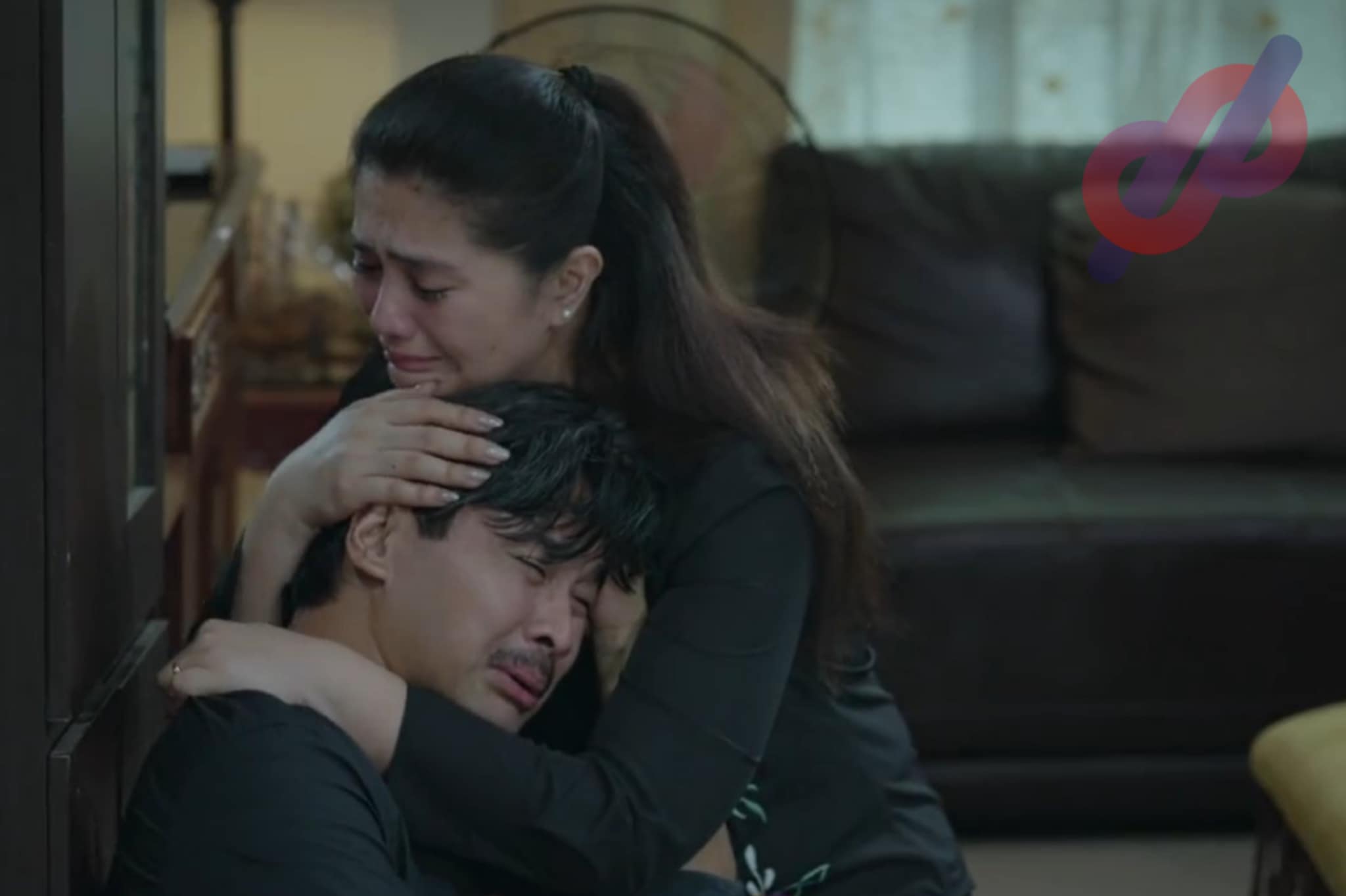The airing of the Maguad siblings’ tragic double-murder case on ABS-CBN’s Maalaala Mo Kaya (MMK) on May 8, 2025, has reignited a firestorm of debate over the Juvenile Justice and Welfare Act of 2006 (Republic Act No. 9344), primarily authored by Senator-elect Francis “Kiko” Pangilinan.
The episode, depicting the brutal 2021 murders of Crizzle Gwynn and Crizville Louise Maguad by their adopted minor sister “Janice” in M’lang, North Cotabato, was lauded for its gripping storytelling and exceptional performances by Dimples Romana and Joem Bascon as the grieving parents. However, it also sparked a wave of misinformation, polarized sentiments, and renewed calls to revisit the Juvenile Justice Law, with netizens targeting Pangilinan while others highlight the rampant spread of false information about the law’s intent and provisions.
The Juvenile Justice and Welfare Act was designed to prioritize rehabilitation over punishment for minors, setting the minimum age of criminal responsibility at 15. For serious crimes committed by minors aged 12 to 15, the law mandates placement in rehabilitation facilities like Bahay Pag-asa, with discernment determining whether they face legal consequences. In the Maguad case, the minor suspect was placed under the Department of Social Welfare and Development (DSWD) rather than facing immediate imprisonment, fueling public outrage.
Social media platforms, particularly X, have become battlegrounds for this debate. A user, @321SANAall, posted, “Thank you sen. Kiko Pangilinan sa walang kwentang batas mo Kasi walang takot gumawa ng karumaldumal na krimen gaya ng pagpatay et al ang mga menor de edad dahil protektado sila sa batas Republic Act No. 10630 grrrrrr….” This reflects a widespread sentiment that the law shields young offenders excessively, allowing them to evade accountability for heinous crimes.
However, singling out Pangilinan oversimplifies the issue. The law was supported by a majority of lawmakers and signed by then-President Gloria Macapagal Arroyo, as noted in a LionhearTV article from 2021. A Reddit user commented, “It takes so many people in congress to pass a law. Bakit na-single out si Kiko to take all the blame for the law?”
This highlights a misunderstanding of the legislative process and the law’s broader support. Misinformation also stems from misconceptions about the law’s provisions. For instance,
@aahDICKted posted, “Sen. Kiko Pangilinan co-authored the amendment of the RA 9344… Pinataas ng nasabing batas ang edad ng mga batang kriminal na managot sa kulungan. NAKAKALUNGKOT.”
In reality, RA 9344 and its 2013 amendment (RA 10630) do not exempt minors from accountability but emphasize rehabilitation over punitive measures. Minors found to have acted with discernment can face legal consequences, though in a restorative framework.
The MMK episode has amplified calls to revisit the law, with netizens and advocates arguing for amendments to address perceived leniency. An open letter by “Missy Nardo” on Facebook urged Pangilinan to revise RA 9344, stating, “We call on you to amend the law to ensure minors who commit heinous crimes with proven discernment are met with appropriate, timely, and proportional consequences.”
Similar sentiments echo across X, with @Isnuwayt tweeting, “Need og revision nang Juvenile Justice and Welfare act, Kiko. Leche. Hustisya sa mga Maguad.” These calls reflect a growing public demand for balancing victim justice with offender rehabilitation, particularly in high-profile cases like the Maguad killings.
Amid the outrage, some netizens have actively countered the spread of false information. @PinoyFacts tweeted, “Stop blaming Kiko alone for RA 9344. It’s a law passed by Congress, not one person. And it doesn’t ‘free’ minors—it requires rehab programs that are underfunded. Check facts before ranting! #JuvenileJusticeLaw.”
Similarly, a Facebook post by advocacy group Child Rights Network clarified, “RA 9344 aims to protect children from harsh penalties while ensuring accountability through rehabilitation. Misinformation about ‘freeing criminals’ ignores the law’s intent and the need for better implementation.”
These efforts highlight a critical issue: the law’s poor funding and implementation, not its framework, often undermine its effectiveness. In a 2021 Rappler interview, Pangilinan noted, “Sa totoo lang, ang sinasabi kasi nila ginagamit daw ng sindikato. Eh ‘di habulin ang sindikato, hindi ba? Bakit ang hinahabol ‘yung bata?” He emphasized that syndicates exploiting minors, not the law itself, are the root problem.
The misinformation surge has also been fueled by emotional reactions to the MMK portrayal, which vividly depicted the Maguad family’s grief. While the episode was praised for its sensitivity, it inadvertently amplified misconceptions by focusing on the crime’s brutality without delving into the legal nuances. This has led to oversimplified narratives, such as claims that the law “lets killers go free.”
In reality, RA 9344 aligns with international standards like the UN Convention on the Rights of the Child, prioritizing rehabilitation to prevent recidivism. Data from the DSWD in 2023 showed that only 1.8% of minors in rehabilitation programs reoffended, compared to higher rates among adult offenders, suggesting the law’s rehabilitative approach has merit when properly implemented.
The debate underscores the need for a nuanced discussion. Calls for reform, such as lowering the age of criminal responsibility or imposing stricter penalties for heinous crimes, must consider evidence-based outcomes. A 2024 study by the Philippine Institute for Development Studies found that underfunded rehabilitation centers and lack of trained personnel hinder the law’s success, not its core principles.
Netizens like @ThinkB4YouTweet have urged, “Before you bash the Juvenile Justice Law, read it. It’s not about letting kids off easy—it’s about giving them a chance to reform. Fix the system, don’t scrap it.”
As the Maguad case continues to spark outrage, the challenge lies in separating fact from misinformation. The law’s intent to protect vulnerable youth while ensuring accountability remains vital, but its implementation needs urgent reform. Lawmakers, advocates, and the public must work together to address funding gaps, improve rehabilitation facilities, and ensure justice for victims without abandoning the principles of restorative justice.
The MMK episode has opened a critical window for dialogue, but only through informed discourse can meaningful change emerge.



